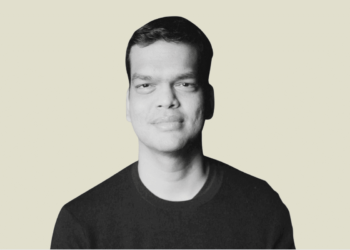On the eve of the 2024 US presidential election, while traditional polls were predicting a close race between Vice President Kamala Harris and former president Donald Trump, prediction markets such as Kalshi, Robinhood, and Polymarket were confidently predicting a decisive Trump victory in the electoral college. Now, as the results have proven these markets to be accurate, the people behind them are celebrating their success. They see this as a moment of vindication, as their predictions were met with skepticism and scrutiny in the weeks leading up to the election. Kalshi co-founder and CEO Tarek Mansour believes that the popularity of these markets lies in the fact that people enjoy making money and dislike losing it.
Polymarket CEO Shayne Coplan has also been vocal about the superiority of his product, calling it a “global truth machine” and claiming that the Trump campaign learned of their victory through Polymarket. While Polymarket is the global leader in prediction markets, Kalshi holds the distinction of being the first modern market where US citizens can legally place wagers on elections. With the rise of online gambling, a new wave of prediction markets has emerged, tapping into the renewed interest in wagering. Mansour sees this as a revival of a forgotten American tradition.
Despite facing a prolonged battle with the US Commodity Futures Trading Commission, Kalshi entered the market earlier this fall and found a large and enthusiastic user base eager to bet on the election. While the exact number of bettors and amount of money won is still being calculated, Mansour estimates that it is in the millions and likely over $1 billion. This success has led to Kalshi reaching the top of the app store and overtaking even popular platforms like Pornhub.
Mansour believes that the success of prediction markets lies in the fact that there is “skin in the game” and the “wisdom of the crowds” aspect. He dismisses criticisms about the financialization of politics, pointing out that the wealthy have long been able to influence elections through investments. In the end, he sees prediction markets as a powerful force that accurately reflects public sentiment.



















